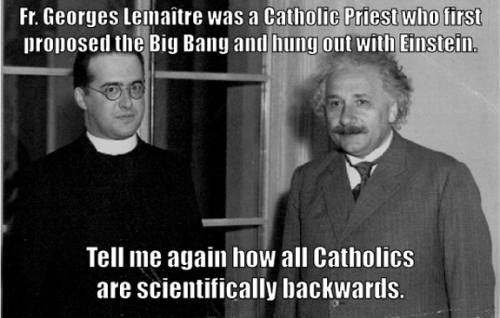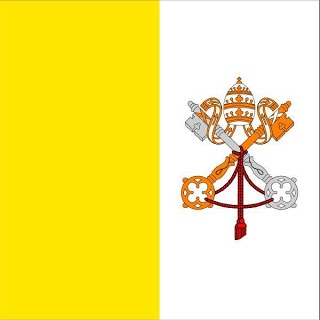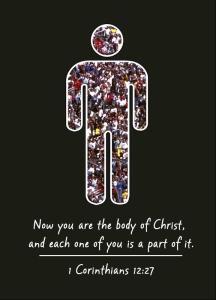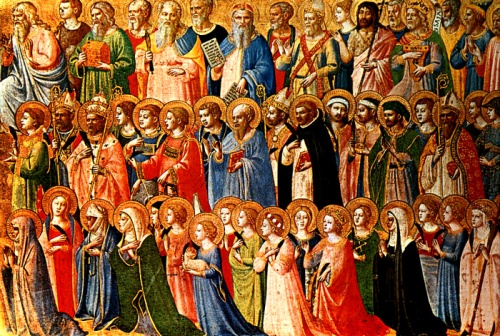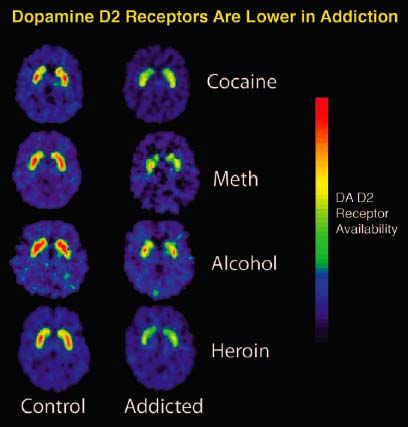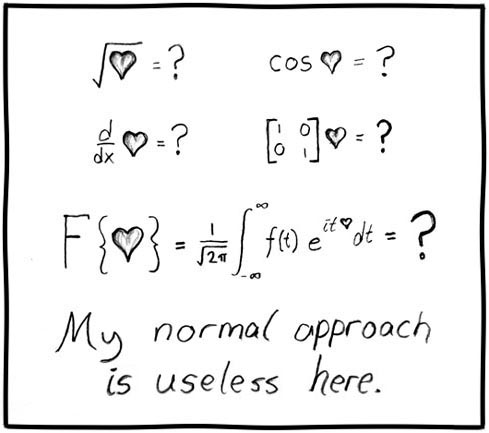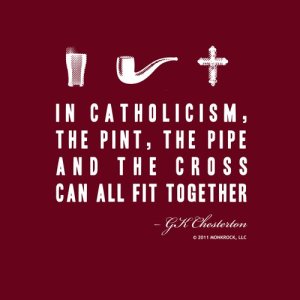http://sunnewsonline.com/new/entertainment/dejumo-lewis-turning-70-is-like-starting-a-new-life/
Recently a famous Nigerian TV star, Dejumo Lewis, gave an interview with The Sun. If you don’t know much about Nigerian TV and Film, it’s the latest Bollywood. Anyway, the section on marriage was interesting from a study of heresies. It is quoted below, but please follow the link at the top for the whole story of his life.
Dejumo got married to his wife on April 18, 1970 and together they have several kids. However, he revealed that after 29 years of marriage, they parted ways and ever since he has remained single.
“If we were still together we would have celebrated our 43rd year. She moved out on October 9, 1999. I haven’t remarried formerly because in the Catholic Church you can’t remarry as long as your partner’s alive and that’s one of my criticisms of the church. This is because priests are supposed to be celibates and so they don’t have any idea of what marriage is except what theology or dogma tells them and that’s what they preach from the pulpit all the time.
“It’s totally wrong and if you apply for annulment it takes years. For a man who has been used to marriage and all the good things that marriage brings, it’s not easy. “How do you expect the man or woman to be celibate? By leaving the seminary in 1968 I had rejected celibacy so it’s wrong for the church to impose celibacy on me at my age. I consider it erroneous for the church to impose celibacy on me because I had rejected it in 1968 over 45 years ago.”
From this quote, we can find his misunderstanding about the nature of marriage, and hence his opposition to the Church’s view on marriage. In regards to marriage, it seems he sees marriage predominately as a sexual outlet. His complaints lay not with the nature of marital love, but that he’s celibate. Looking at the nature of marital love can help illuminate why they Church teaches remarriage is adultery.
Marital love is different from all of our other loves. Family is a love we are born into, friends might come and go, but marital love is a choice to elevate an earthly love into divine love. Marriage is a sacrament in part because it confers upon us deifying grace — the grace that helps configure us more closely to the divine life of God.
It does this in a couple ways. First, God is unchanging, so this love is a permanent commitment. We must be as unchanging in our resolve to love our spouse as God is unchanging in his resolve to love us. I sometimes wonder if some Protestants acceptance of divorce is a result of some Protestants belief in the Great Apostacy. If God can so easily abandon his body, the Church, then I should be able to abandon my body, my spouse.
Next, we see the way God’s own life works when we live out our marriage in sex. The love that proceeds from God the Father and God the Son is so real he is eternally personified in God the Holy Spirit. Similarly, the love between a husband and wife is so real it is personified in the children. The Catechism calls the mystery of the Trinity “the central mystery of Christian faith and life”. When we become married we are blessed with a special share in that central mystery. Sex is not simply about having a good time, but it is meant to be a consummation of the deep love between two people, and because that love is so deep that love is always open to the possibility of becoming personified in a baby.

The love of two people enfleshed.
This is the theological high we must come down from to enter into the messy realities of life. And here is the place for annulments. If it is discovered that one day, two people who thought they were married were discovered to actually never have been married, then those two people would be free to marry whomever they desire, having never been married before. The easiest way for this to occur is for people to either not know what they are getting into or for two people to be forced into marriage. If two people “married” who had no intention of fully loving the other in such a deep way that a baby might be formed, then they never would have been married in the first place. If a shotgun wedding occurs for the sake of baby yet to be born but without full consent, then they never would have been married in the first place. These are some reasons why annulments can take place. Sometimes we fail to understand the commitment we are making, or sometimes we are forced into making commitments. In neither of these cases is a commitment actually made. A person who receives an annulment and then marries doesn’t have a second wedding but a first. Only if a spouse dies can that permanent commitment end, because the persons life has ended. In these cases there might be a second or greater wedding. Mr. Lewis is correct that an annulment process might take years, and in addition an annulment wouldn’t be granted if a marriage had taken place. An annulment isn’t a “Catholic Divorce”, and isn’t declared if there was a marriage to begin with.
Mr. Lewis is bothered by this because he has a hard time remaining celibate (“it’s not easy”, which is true), but it is not the clergy that came up with the rule that one cannot divorce, it was that hippy Jesus:

“Because of the hardness of your hearts Moses allowed you to divorce your wives, but from the beginning it was not so. I say to you, whoever divorces his wife (unless the marriage is unlawful) and marries another commits adultery.” To reject the Church teaching here is to reject Jesus himself. Understanding deeper what marriage means helps us to understand why Jesus isn’t being a buzz kill, but rather aiding our sharing of God’s spirit of love. To be marriage, it must be a total gift of oneself — the highest and greatest offering we can make to another: our complete self. Our complete self includes our future, “as long as we both shall live”. The “imposition” of celibacy was not something the Church is doing to him externally, but is a result of an internal promise Mr. Lewis made to his wife. He asked “How do you expect the man or woman to be celibate?”, and I answer, “I expect you can succeed in not having sex with anyone except your wife because that is precisely what you promised on your wedding day”.

“Don’t say, ‘That’s the way I am – it’s my character.’ It’s your lack of character. Esto vir! – Be a man!” ~ St. Josemaria Escriva
